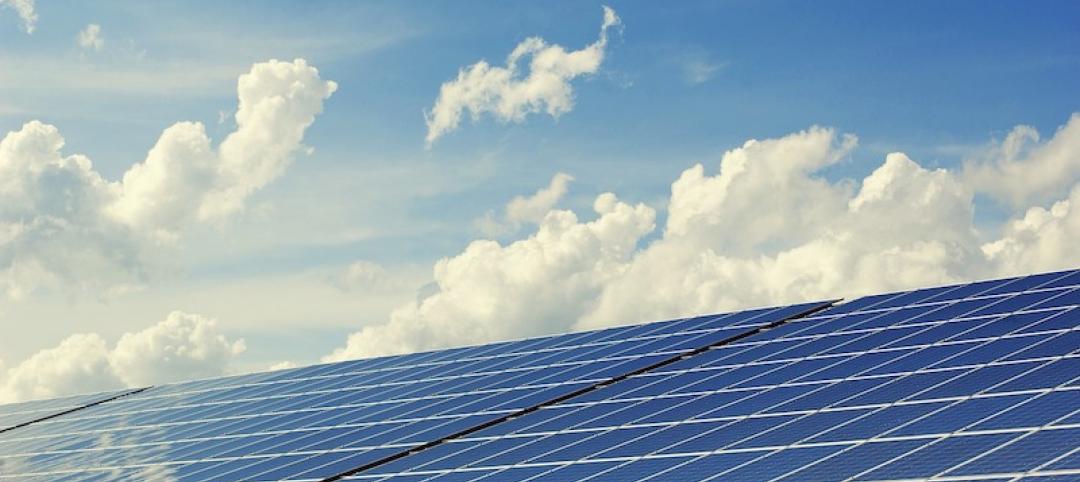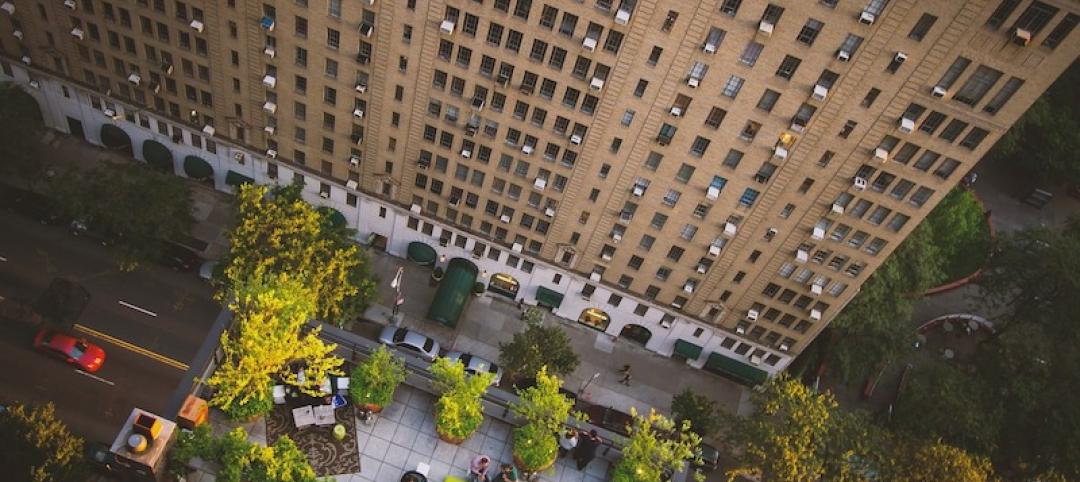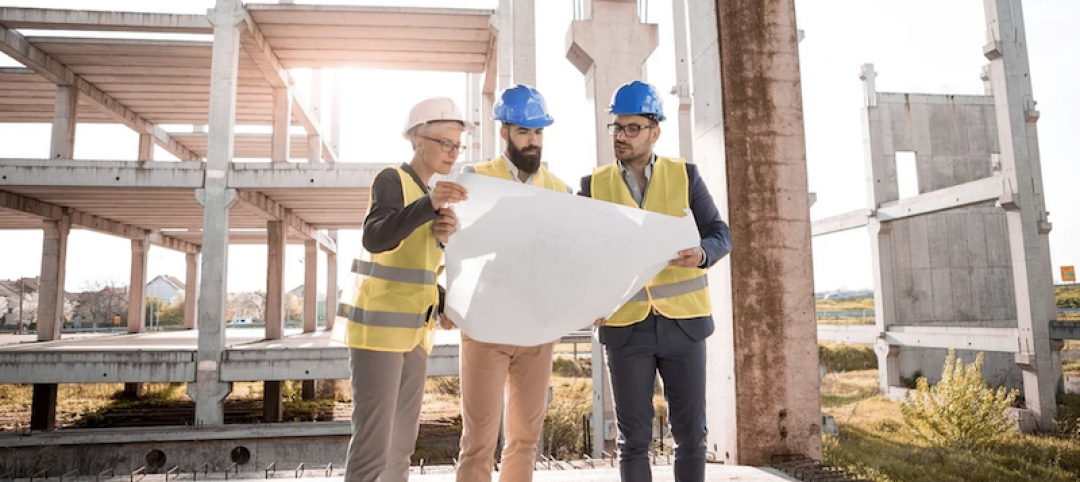The Washington D.C. Council recently passed legislation that will make it more expensive for owners to hold vacant or blighted property.
The Vacant Property Enforcement Act of 2016 reduces the maximum amount of time a vacant property can qualify for an exemption from higher vacancy tax rates. It also closes a loophole that allows continuous renewal of construction permits to qualify for tax exemptions, and require owners of vacant properties to prove they are no longer subject to the higher tax rates.
"The District has a substantial number of vacant properties, many of which are poorly maintained,” the bill report says. "Property owners may keep their properties vacant or fail to maintain them because they expect property values to rise over time. Poorly maintained and vacant properties can damage surrounding communities by being eyesores, by serving a venue for drug use and by providing a home for rodents or other animals. The net effect is to reduce the feeling of a cohesive community and depress surrounding property values."
The legislation reduces the time an owner can claim an exemption from higher taxes because of construction to one year for residential properties and to two years for commercial properties. Fines for failing to comply with city property regulations will rise from $1,000 to $5,000.
Related Stories
Building Owners | Dec 2, 2019
What building owners and AEC teams need to know about New York’s Climate Mobilization Act
On April 18, 2019, the New York City Council passed the Climate Mobilization Act, a suite of laws aimed to meet the city’s commitment to achieving carbon neutrality by 2050.
Codes and Standards | Nov 26, 2019
Updated ASHRAE standards focused on ventilation design, air quality in residential applications
Standard 62.1 and 62.2 updates provide new tables of ventilation rates per unit area.
Codes and Standards | Nov 25, 2019
Real estate professionals say coworking is not a flash in the pan
More than 60% say coworking space is in their portfolios.
Codes and Standards | Nov 22, 2019
Utility’s proposal threatens California’s rooftop solar mandate
Would allow customers to use solar farms instead of installing their own PVs.
Codes and Standards | Nov 21, 2019
Number of LEED commercial building projects surpasses 100,000
More than 2.6 million sf of space being certified each day.
Codes and Standards | Nov 19, 2019
Most U.S. voters support licensing standards for architects
NCARB survey shows strong support for architecture as a licensed profession.
Codes and Standards | Nov 18, 2019
Cambridge, Mass., teams up with utility on energy retrofit program
Buildings large than 25,000 sf targeted in initiative to further carbon neutrality goal.
Codes and Standards | Nov 14, 2019
Resistance to Toronto’s ‘smart city’ reveals pitfalls of such ambitious projects
Concerns over data privacy, governance, feasibility prompt criticism.
Codes and Standards | Nov 13, 2019
Heat pumps, strategic energy management could be next major focuses for efficiency
After lighting, efficiency experts look to new opportunities to boost energy efficiency.
Codes and Standards | Nov 12, 2019
National Infrastructure Performance Council to address ‘national security crisis’
Coalition wants to double annual level of infrastructure investment.

















